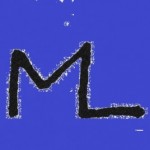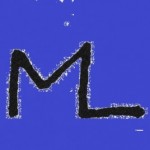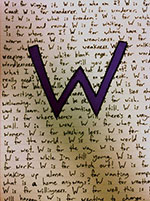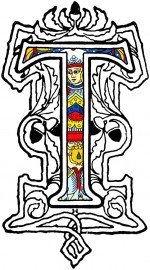Reverie Prompt: p 189 “If there are ‘gorges’ (French = ‘throats’) in the mountains, isn’t it because the wind, long ago, spoke there?” In Bachelard’s understanding of poetry, a “light delirium makes the dreamer of cosmic reverie pass from a human vocabulary to a vocabulary of things.” He admires poetry in which “human and cosmic tonalities reinforce each other.”
Here is an example: “Listening to the trees of the night prepare their tempests, the poet will say: ‘The forest shivers under the caresses of the cristal-fingered delirium..’ That which is electric in the shiver—whether it runs along man’s nerves or along the fibers of the forest—has met a sensitive detector in the poet’s image. Don’t such images bring us the revelation of a sort of intimate cosmicity? They unite the outside cosmos with an inside cosmos. Poetic exaltation—the crystal-handed delirium—makes an intimate forest shiver within us.”
Use this prompt to evoke through a poetic image a light delirium in which your nerves run along the “fibers” of your field study.
Sound carries the voice
Through a cavern of the soul
Plucking strings and chords
Creating elaborate vibrations
From the diaphragm to lips
Into air, respiration, spirit
Recycled to more sound
Air in
Sound out
Breathe in spirit, breathe out sound
As thoughts run across a plane of consciousness
Like grass stretched across a field
Nature’s instrument
Organic animate mechanics
Bring sound into the planet
Then breathe it back in





